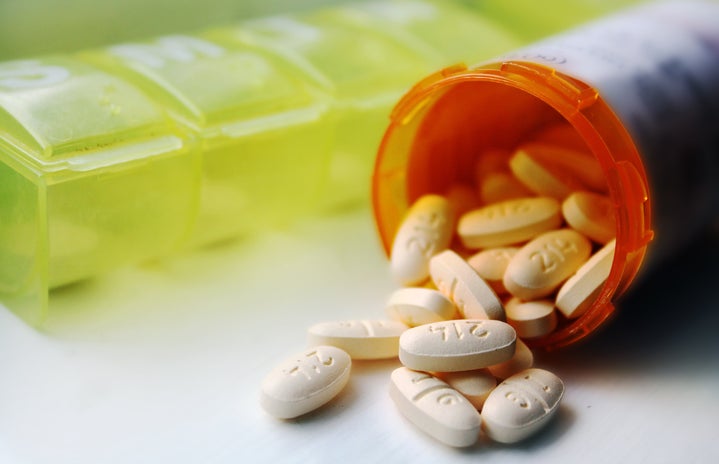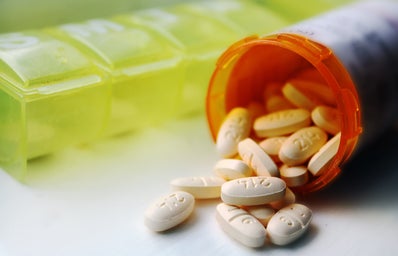Antidepressants, next to therapy, are the starting point most psychiatrists and psychologists choose when treating mental illnesses such as (but not limited to) depression. The first antidepressant – a tricyclic antidepressant that was originally used as treatment for tuberculosis patients – is said to have originated around the 1950s. Under close study, the drug, Isoniazid, was observed to improve depression in two thirds of patients.
Since then, psychiatrists and pharmacologists have dabbled in the creation of antidepressants, using anything from serum extracted from plants and medications originally used to treat other conditions. Thanks to the advancement of modern medicine, it has enabled scientists to have a better understanding of mental illness and the drugs used to treat it. Antidepressants have enabled many mental illness sufferers to lead a more manageable life.
Starting antidepressants can be a scary thing to do, but also something that could save your life. However, there are spme things you should and shouldn’t do when you are on antidepressants:
DO’s
- Take your antidepressants as instructed. If you are to take them in the morning, take them at the same time every morning and vice versa for the evening. This helps establish a habit of taking your antidepressants, because they are easy to forget once the day becomes busy. Taking them at the same time every day also helps hormone regulation and makes it easier for the antidepressant to work in your brain.
- Eat before taking your antidepressants. As with any medication, unless instructed otherwise, it is a good idea to take them after you have eaten – taking them on an empty stomach could lead to it being metabolized too early. There are a number of things that could go wrong, but it all comes down to the fact that your medication might not work properly.
- Be aware of the side effects. Unfortunately, most antidepressants have been known to have undesirable side effects, the main being: low sex drive, decreased or inability to orgasm, erectile dysfunction, weight loss, weight gain etc. Report any and all side effects to your psychiatrist who will then discuss the way forward. Remember, however, that there are ways to combat these side effects too, so the solution will not always be to stop the antidepressant.
- Try to see your psychiatrist regularly. Follow up appointments are crucial to ensure that the medication is working properly and deciding the way forward.
DON’T’s
- Do not drink while taking antidepressants. Alcohol is a depressant and can decrease the effectiveness of your medication. Drinking while on antidepressants can enhance the negative side effects of your medication and can encourage reckless and impulsive behaviour.
- Do not take more than what you are prescribed. Taking an incorrect dosage can be extremely dangerous and can lead to an overdose. Any number of complications can arise from an overdose, such as impaired kidney or liver function, permanent neurological damage, or serotonin syndrome – all of which are life altering.
- Do not skip a dose. Skipping a dose can disrupt the regulation of your medication and can throw you off for days.
- Do not stop your antidepressants without consulting your psychiatrist first. This can be extremely dangerous too, as you can go through withdrawal symptoms and spiral into depression. If you wish to stop taking your antidepressant, consult your psychiatrist who will in turn explore other options while cross tapering you off your undesired medication.
REMEMBER:
Antidepressants can take weeks to reap the full benefits. It can take months or even years to find the correct combination of medication that works for you, but be patient and trust your doctors.


